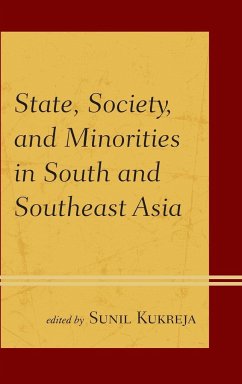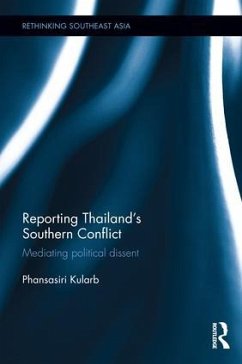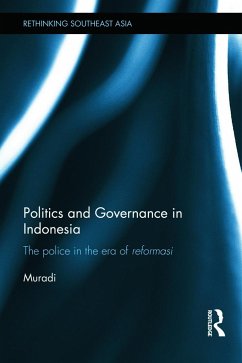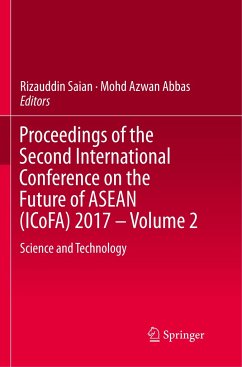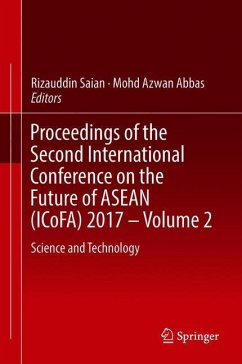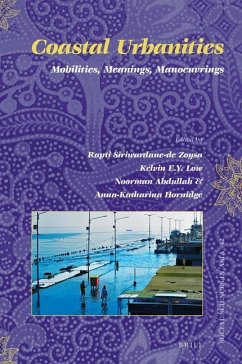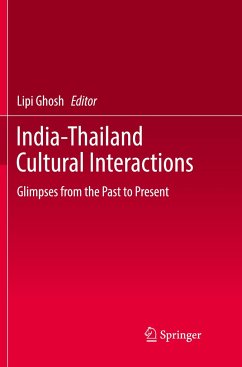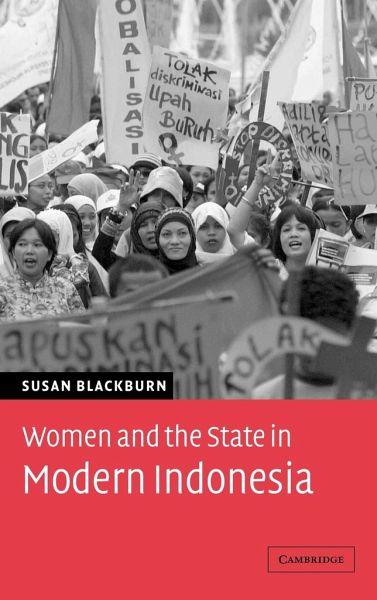
Women and the State in Modern Indonesia
Versandkostenfrei!
Versandfertig in 1-2 Wochen
103,99 €
inkl. MwSt.
Weitere Ausgaben:

PAYBACK Punkte
52 °P sammeln!
Short description/annotationThe first book to examine how Indonesian women have engaged with the state over the last century.Main descriptionIn the first study of the kind, Susan Blackburn examines how Indonesian women have engaged with the state since they began to organise a century ago. Voices from the women's movement resound in these pages, posing demands such as education for girls and reform of marriage laws. The state, for its part, is shown attempting to control women. The book investigates the outcomes of these mutual claims, and the power of the state and the women's movement in imp...
Short description/annotation
The first book to examine how Indonesian women have engaged with the state over the last century.
Main description
In the first study of the kind, Susan Blackburn examines how Indonesian women have engaged with the state since they began to organise a century ago. Voices from the women's movement resound in these pages, posing demands such as education for girls and reform of marriage laws. The state, for its part, is shown attempting to control women. The book investigates the outcomes of these mutual claims, and the power of the state and the women's movement in improving women's lives. It also questions the effects on women of recent changes to the state, such as Indonesia's transition to democracy and the election of its first female president. The wider context is important. On some issues, like reproductive health, international institutions have been influential, and as the largest Islamic society in the world, Indonesia offers special insights into the role of religion in shaping relations between women and the state.
Table of contents:
1. State gender ideologies and the women's movement; 2. Education; 3. Early marriage; 4. Citizenship; 5. Polygamy; 6. Motherhood; 7. Economic exploitation; 8. Violence.
The first book to examine how Indonesian women have engaged with the state over the last century.
Main description
In the first study of the kind, Susan Blackburn examines how Indonesian women have engaged with the state since they began to organise a century ago. Voices from the women's movement resound in these pages, posing demands such as education for girls and reform of marriage laws. The state, for its part, is shown attempting to control women. The book investigates the outcomes of these mutual claims, and the power of the state and the women's movement in improving women's lives. It also questions the effects on women of recent changes to the state, such as Indonesia's transition to democracy and the election of its first female president. The wider context is important. On some issues, like reproductive health, international institutions have been influential, and as the largest Islamic society in the world, Indonesia offers special insights into the role of religion in shaping relations between women and the state.
Table of contents:
1. State gender ideologies and the women's movement; 2. Education; 3. Early marriage; 4. Citizenship; 5. Polygamy; 6. Motherhood; 7. Economic exploitation; 8. Violence.





